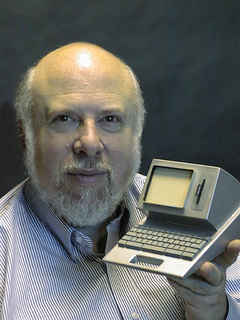A Quote by Cathy O'Neil
Related Quotes
Can you cite one speck of hard evidence of the benefits of "diversity" that we have heard gushed about for years? Evidence of its harm can be seen — written in blood — from Iraq to India, from Serbia to Sudan, from Fiji to the Philippines. It is scary how easily so many people can be brainwashed by sheer repetition of a word.
Science seeks the truth. And it does not discriminate. For better or worse it finds things out. Science is humble. It knows what it knows and it knows what it doesn’t know. It bases its conclusions and beliefs on hard evidence -- evidence that is constantly updated and upgraded. It doesn’t get offended when new facts come along. It embraces the body of knowledge. It doesn’t hold on to medieval practices because they are tradition.
Religion is based upon blind faith supported by no evidence. Science is based upon confidence that results from evidence - and that confidence can be modified and/or reversed by further observations and experimentation. Science approaches truth, closer and closer, by hard dedicated work. Religion already has it all decided, and it's in the book. It's dogma, unchangeable, and unaffected by reality and whatever facts we come upon in the real world.
The Three Laws of Robotics: 1: A robot may not injure a human being or, through inaction, allow a human being to come to harm; 2: A robot must obey the orders given it by human beings except where such orders would conflict with the First Law; 3: A robot must protect its own existence as long as such protection does not conflict with the First or Second Law; The Zeroth Law: A robot may not harm humanity, or, by inaction, allow humanity to come to harm.

































